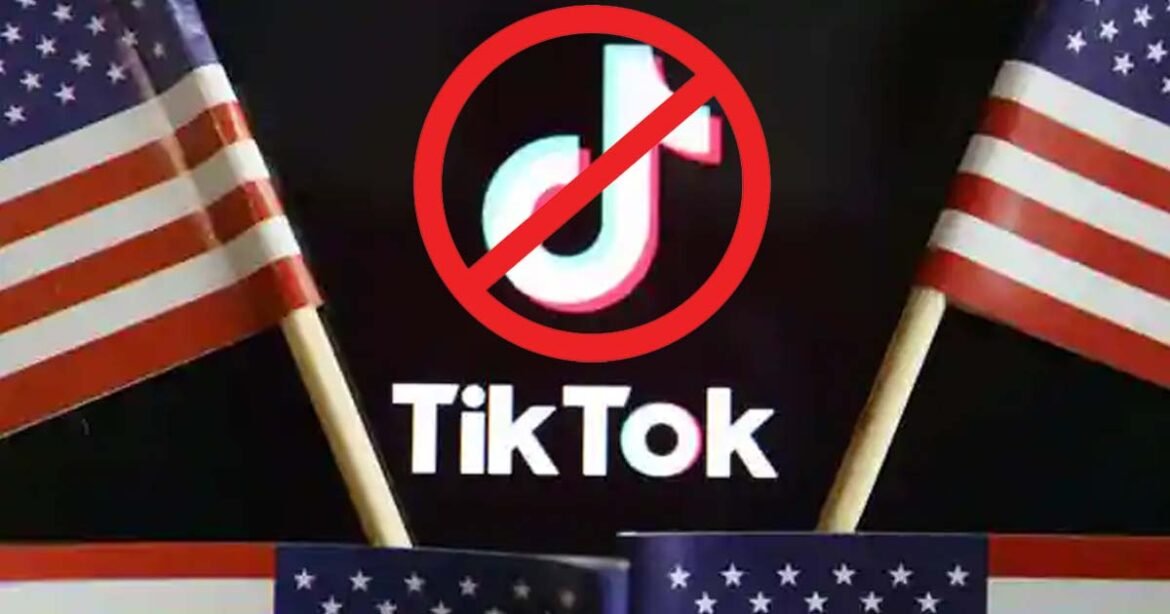United States’ government agency, Federal Communications Commission (FCC) sent a letter to Apple and Google last year demanding to put a ban on TikTok in accusation of spying by the Chinese government on the US. Since then, the app has been under scrutiny by the US government over allegations that it is being used to gather intelligence using its technology. Recently, the White House issued a notice to a US federal agency to ban TikTok from all government-issued devices within 30 days, as part of efforts to crackdown on the use of the app within the US territory.
The US ban on TikTok has drawn criticism from various countries, including China. Chinese officials have accused Washington of revealing its own insecurities through the ban on a simple application software. Furthermore, the ban has been criticized for exposing the abuse of state power in cracking down on an application software.
What led to the US ban on TikTok? Are there any legitimate concerns about the Chinese government using the app to spy on other countries, particularly the US? Let’s take a closer look at the reasons behind the ban and the allegations of spying.
Ban on TikTok-not new?
In 2020, India banned over 100 applications made by China, including TikTok, citing concerns of data privacy and accusing China of spying on its citizens through these applications. Indian authorities alleged that the Chinese government was illicitly collecting and transferring user data, which constituted an unauthorized act and a threat to national sovereignty.
In addition to India, several other countries such as the United States, Canada, and some European Union countries have also banned TikTok and other similar apps due to concerns about data privacy and national security. The EU parliament has strongly recommended that government officials from countries within the EU delete the app from their mobile phones and other devices.
However, some countries are hesitant to issue outright bans due to diplomatic relations with China. Nonetheless, some Western countries such as Denmark are also considering imposing bans on these apps due to fears of espionage and unauthorized data collection.
In the case of the United States, the government initially issued a notice to ban TikTok from government agencies and their devices and systems only. However, some lawmakers and experts in the country are now advocating for a complete ban of TikTok on all devices in the country. In response to the government’s notice, more than 50 states have already banned TikTok from government devices, and this number continues to increase. Additionally, several other countries, including Taiwan, Pakistan, and Afghanistan, have also issued bans on TikTok use within their territory.
Why this ban?
TikTok, which is owned by the Chinese company ByteDance, has faced numerous allegations of using private data and potentially handing over that data to the Chinese government. Some experts are concerned that if TikTok is downloaded onto devices used for government duties, it could transfer sensitive information to the Chinese government, potentially enabling them to spy on other countries.
According to reports, Chinese companies are subject to Chinese laws that require them to share any requested information with the Chinese government at any time. U.S. officials have cited this law as a potential reason for banning TikTok. However, the Chinese government has stated that it is not collecting data through TikTok and that the app operates independently, without sharing data with the government.
Is the ban a legit decision?
The British Minister for Science, Innovation, and Technology, Michelle Donelan, has stated that the decision to use or not use a social media application should be left to individuals, rather than being dictated by the government. She also emphasized that there is insufficient evidence to justify a ban on TikTok for the general public.
Madeline Carr, a cyber-security and politics professor at University College London (UCL), echoed similar sentiments, stating that if the government were to ban TikTok on allegations of data storage and transfer, then the same ban should be issued for Facebook and WhatsApp as well. Carr highlighted that Facebook and WhatsApp are known to store and transfer data and have already been fined by the government for their actions. Despite these concerns, these platforms are still widely used around the world.
Experts have criticized the ban on TikTok as a poorly thought-out attempt to undermine China as a nation. While it is reported that platforms like Uber and Facebook, which are owned by US companies, track the activities of journalists, there has been no international ban on their use.
Overall, the consensus among experts is that the decision to use TikTok or any other social media application should be a personal choice, and there is a need for more evidence to justify any government intervention in this regard
What should be considered before issuing a ban?
Anupam Chander, a professor at Georgetown University and an expert on global regulation of technology, has criticized US politicians for using the ban on TikTok as a tool to express their enmity towards China. According to him, this move is a focused geopolitical rivalry move rather than a measure to strengthen national security strategy.
The American Civil Liberties Union (ACLU) has expressed concern over the proposed ban, stating that it would breach the first amendment rights of all Americans. Another expert has added that banning an app would be illegal under the Constitution because it would violate the right to free expression.
Before issuing a ban, experts suggest taking several steps such as increasing transparency, regular auditing, incorporating privacy obligations, and testing security levels in the national circuit. Only if these measures fail should a ban be considered.
In sum, experts caution against using bans on social media applications as a means of expressing geopolitical rivalry and emphasize the need for a measured and evidence-based approach to ensure national security without compromising constitutional rights.


